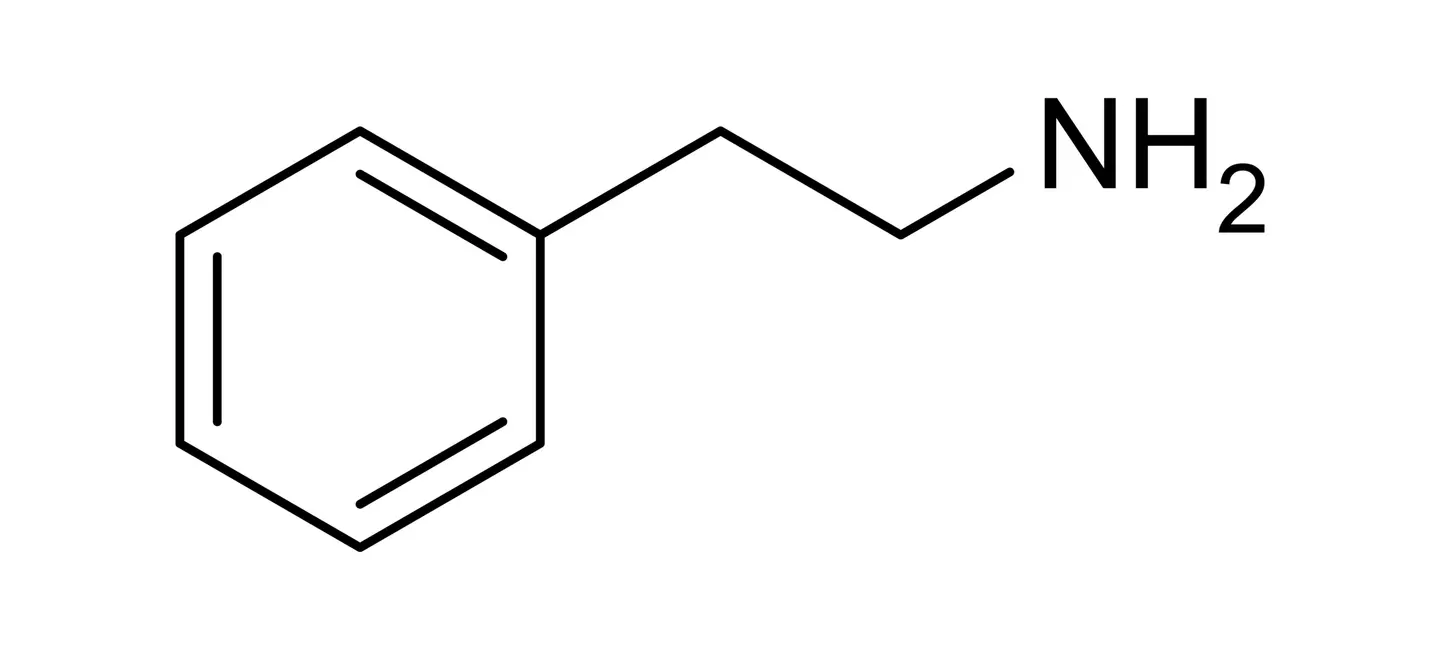
Phenethylamine (PEA) is a chemical with stimulant effects. It's found naturally in plants, bacteria, fungi, and animals. It can also be made in a lab.
Phenethylamine stimulates the body to make certain chemicals that play a role in brain chemistry. It is similar to the drug amphetamine and may cause similar side effects.
People use phenethylamine for athletic performance, depression, obesity, and other conditions, but there is no good scientific evidence to support these uses.
Don't confuse phenethylamine with Acacia rigidula. This is a shrub that contains phenethylamine. Also don't confuse it with another chemical called palmitoylethanolamide, which might also be called PEA. These are not the same.
Is It Effective?
There is interest in using phenethylamine for a number of purposes, but there isn't enough reliable information to say whether it might be helpful.
Is it Safe?
When taken by mouth: Phenethylamine is possibly unsafe. Phenethylamine is similar to the drug amphetamine, and may cause similar side effects, such as rapid heart rate, anxiety, or agitation.
Special Precautions & Warnings:
Pregnancy and breast-feeding: There isn't enough reliable information to know if phenethylamine is safe to use when pregnant or breast-feeding. Stay on the safe side and avoid use.
Bipolar disorder: Phenethylamine might cause people with bipolar disorder to convert from depression to mania.
Schizophrenia: Phenethylamine might worsen symptoms of schizophrenia, including hallucinations or delusions.
Surgery: Phenethylamine might affect the central nervous system. This could interfere with surgery. Stop taking phenethylamine at least 2 weeks before a scheduled surgery.
Medications for depression (MAOIs)
Interaction Rating=Moderate Be cautious with this combination.
Phenethylamine increases a chemical in the brain called serotonin. Some medications used for depression also increase serotonin. Taking phenethylamine along with these medications used for depression might increase serotonin too much. This can cause serious side effects including severe headache, heart problems, shivering, confusion, and anxiety.
Some common MAOIs include phenelzine (Nardil), selegiline (Zelapar), and tranylcypromine (Parnate).
Serotonergic drugs
Interaction Rating=Moderate Be cautious with this combination.
Phenethylamine might increase a brain chemical called serotonin. Some medications also have this effect. Taking phenethylamine along with these medications might increase serotonin too much. This might cause serious side effects including heart problems, seizures, and vomiting.
Herbs and supplements with serotonergic properties: Phenethylamine increases a brain chemical called serotonin. Taking it along with other supplements that have this effect might cause serious side effects, including heart problems, seizures, and vomiting. Examples of supplements with this effect include 5-HTP, black seed, L-tryptophan, SAMe, and St. John's wort.
There are no known interactions with foods.
There isn't enough reliable information to know what an appropriate dose of phenethylamine might be. Keep in mind that natural products are not always necessarily safe and dosages can be important. Be sure to follow relevant directions on product labels and consult a healthcare professional before using.
1-Amino-2-phenylethane, 2-Phenethylamine, 2-Phenylethylamine, Benzeneethanamine, Beta-phenethylamine, Beta-phenylethylamine, PEA, Phenethylamine HCl, Phenethylamine Hydrochloride, Phenylethylamine.
Information on this website is for informational use only and is not intended to replace professional medical advice, diagnosis, or treatment. While evidence-based, it is not guaranteed to be error-free and is not intended to meet any particular user’s needs or requirements or to cover all possible uses, safety concerns, interactions, outcomes, or adverse effects. Always check with your doctor or other medical professional before making healthcare decisions (including taking any medication) and do not delay or disregard seeking medical advice or treatment based on any information displayed on this website.
© TRC Healthcare 2024. All rights reserved. Use and/or distribution is permitted only pursuant to a valid license or other permission from TRC Healthcare.
